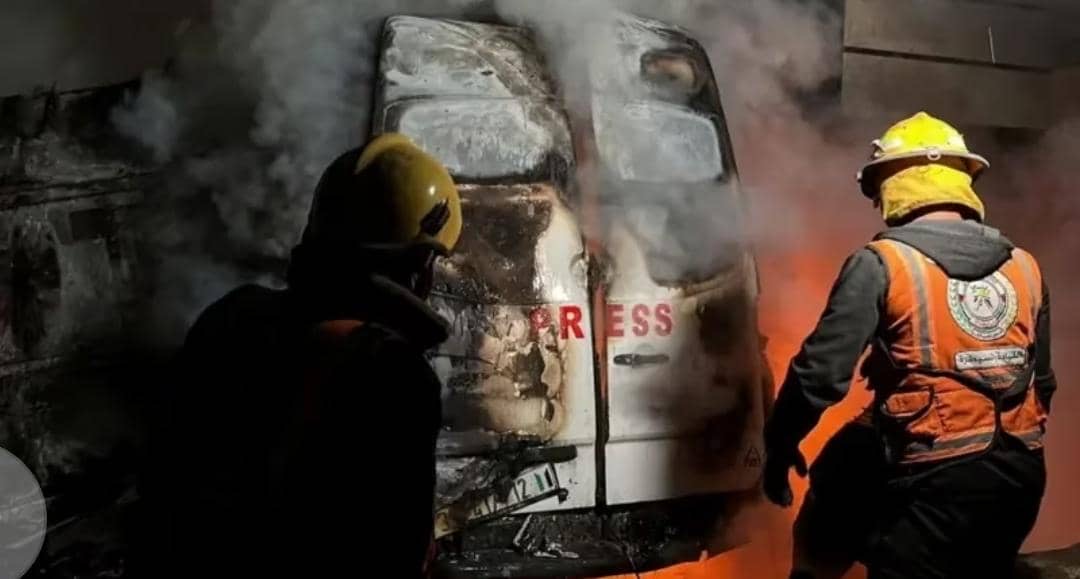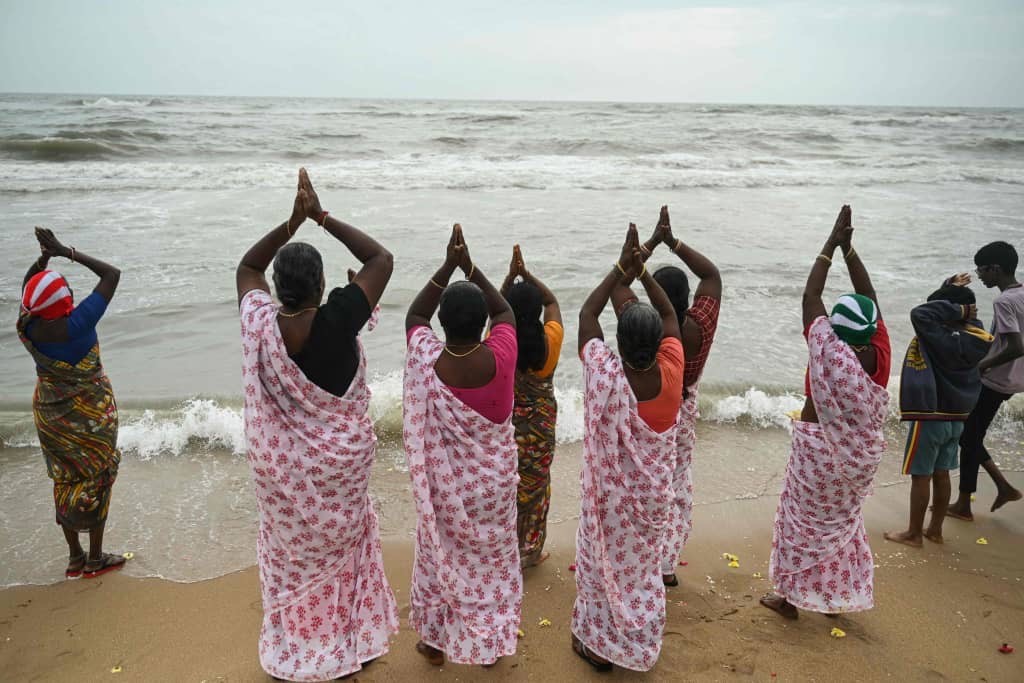PARIS – Violence broke out in Paris suburbs for the seventh night running overnight yesterday, compounding pressure on Prime Minister Dominique de Villepin’s government to act quickly to restore order.
Youths went on the rampage in nine areas in poor suburbs ringing the French capital to the north and the east, setting alight about 40 cars, two buses, and dustbins, as well as causing damage to at least one school and a shopping centre. Hundreds of police were deployed to control the disturbances, with some units diverted from a soccer match.One trade union representing policemen described the unrest as a “civil war” and called on Interior Minister Nicolas Sarkozy to impose a curfew in areas which have been affected by the violence to ensure the violence did not spiral out of control.Unrest was first sparked in Clichy-sous-Bois last week after two teenagers were electrocuted while apparently fleeing police during a local disturbance, and it has since spread to other areas in the Parisian suburbs.Dramatic pictures of burning vehicles have grabbed headlines and forced the unrest to the top of the government’s agenda.In response, Villepin cancelled a trip to Canada on Wednesday and promised he would mobilise the government to tackle the unrest.Media attention on the disturbances has been all the more intense as they have highlighted the bitter rivalry between Villepin and Sarkozy ahead of 2007 presidential elections, particularly after Sarkozy called the protesting youths “scum”.Equal Opportunities Minister Azouz Begag has openly criticised Sarkozy while Villepin took a calculated swipe on Wednesday at the strong language used by the interior minister when he stressed the need to avoid stigmatising such areas.The opposition has seized on such signs of discord and accused the government of drift and of failing to tackle the underlying reasons for the riots.The unrest in the northern and eastern suburbs, heavily populated by North African and black African minorities, have been fuelled by frustration among youths in the area over their failure to get jobs and recognition in French society.In the aftermath of Sarkozy’s comment, the government has been battling to strike a balance between the need to enforce law and order and show it is understanding of the problems facing minority and underprivileged communities.- Nampa-ReutersHundreds of police were deployed to control the disturbances, with some units diverted from a soccer match.One trade union representing policemen described the unrest as a “civil war” and called on Interior Minister Nicolas Sarkozy to impose a curfew in areas which have been affected by the violence to ensure the violence did not spiral out of control.Unrest was first sparked in Clichy-sous-Bois last week after two teenagers were electrocuted while apparently fleeing police during a local disturbance, and it has since spread to other areas in the Parisian suburbs.Dramatic pictures of burning vehicles have grabbed headlines and forced the unrest to the top of the government’s agenda.In response, Villepin cancelled a trip to Canada on Wednesday and promised he would mobilise the government to tackle the unrest.Media attention on the disturbances has been all the more intense as they have highlighted the bitter rivalry between Villepin and Sarkozy ahead of 2007 presidential elections, particularly after Sarkozy called the protesting youths “scum”.Equal Opportunities Minister Azouz Begag has openly criticised Sarkozy while Villepin took a calculated swipe on Wednesday at the strong language used by the interior minister when he stressed the need to avoid stigmatising such areas.The opposition has seized on such signs of discord and accused the government of drift and of failing to tackle the underlying reasons for the riots.The unrest in the northern and eastern suburbs, heavily populated by North African and black African minorities, have been fuelled by frustration among youths in the area over their failure to get jobs and recognition in French society.In the aftermath of Sarkozy’s comment, the government has been battling to strike a balance between the need to enforce law and order and show it is understanding of the problems facing minority and underprivileged communities.- Nampa-Reuters
Stay informed with The Namibian – your source for credible journalism. Get in-depth reporting and opinions for
only N$85 a month. Invest in journalism, invest in democracy –
Subscribe Now!







